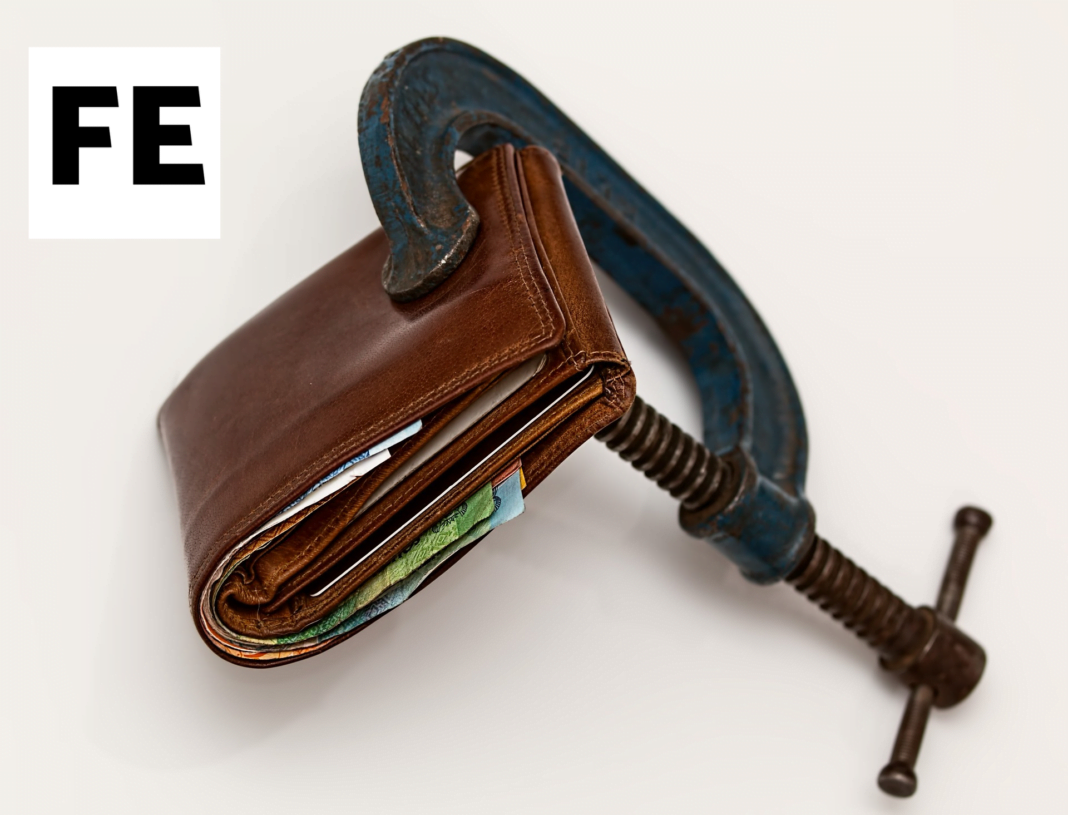Inflation is the term that frequently appears in the news headline and economic reports. Which actually refers to increasing prices of goods and services over time. But when inflation occurs the purchasing power of money decreases. Which means you need to spend more money for buying same products.
What causes Inflation?
There are several factors that can lead to inflation. Some of them are:
- Demand-Pull Inflation
This can happen when, the demand for goods and services surpasses the actual supply. For example, if a new smartphone is released and demand for buying that smartphone gets higher. Where, everyone wants to buy that smartphone but, there are only limited number of smartphones available in market. Then, the cost of that smartphone will increase.
(adsbygoogle = window.adsbygoogle || []).push({});- Cost-Pull Inflation
This occurs when the cost of production increases in any industry. Then, producers can increase the prices of their products or services for maintaining their profit margins. For example, when the prices of raw material required for production or wages of workers increases then businesses will charge more amount for delivering their products or services.
- Built-in Inflation
When workers in industries start demanding for higher payments/salaries for keep up with their rising living costs. Then, for fulfilling their demands industries increases the cost of their services or products for their customers. So, they can manage their expenses too. It is also called as wage-price inflation.
(adsbygoogle = window.adsbygoogle || []).push({});Effects of Inflation
- Purchasing power
Due to inflation the prices of goods and services get increased and value of money falls down. Which means the consumers can buy less with the same amount of money. This is how inflation hits purchasing power.
- Savings and Investments
Inflation can affect savings of people’s when the interest rate given on saving accounts gets lesser than inflation rates then, the value of their money will ultimately reduce. Whereas, investments like stocks and real estate may offer returns that outpace inflation.
- Interest Rates
The central banks can control inflation by providing interest rates higher than inflation rates. Higher interest rates can reduce inflation but it slows down the economic growth.
(adsbygoogle = window.adsbygoogle || []).push({});Managing Inflation
- Fiscal Policy
Governments can reduce the inflation through their taxation policy and spendings. Where reducing public spending or increasing taxes can help to lower inflation
- Supply-Side Policies
Improving the production, productivity and by increasing the supply of goods and services can help to control inflation. And, this can include measures like investing in education, technology and infrastructure.
(adsbygoogle = window.adsbygoogle || []).push({});- Monetary Policy
Central banks have the power to control money supply and interest rates which can influence inflation. And, by increasing the interest rates they can reduce inflation and can cool down the overheating economy.
Conclusion The inflation can directly affect the economy and understanding the causes of inflation, planning and executing better solutions for avoiding inflation by taking better financial decisions because crucial. Whether you are investing, saving or planning your budget. Staying informed about economic policies and strategies for avoiding inflation we can save our economy by overheating and money by losing its purchasing power because of inflation.
